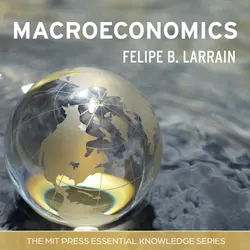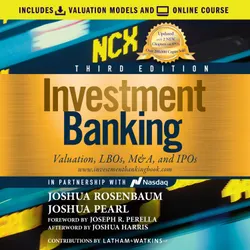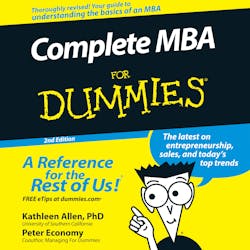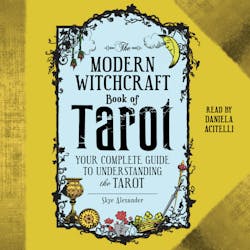What is Full Reserve Banking
Full-reserve banking is a system of banking where banks do not lend demand deposits and instead only lend from time deposits. It differs from fractional-reserve banking, in which banks may lend funds on deposit, while fully reserved banks would be required to keep the full amount of each customer's demand deposits in cash, available for immediate withdrawal.
How you will benefit
(I) Insights, and validations about the following topics:
Chapter 1: Full-reserve banking
Chapter 2: Monetary policy of the United States
Chapter 3: Banking in the United States
Chapter 4: Money supply
Chapter 5: Money market
Chapter 6: Monetary reform
Chapter 7: Fractional-reserve banking
Chapter 8: Bank run
Chapter 9: Reserve requirement
Chapter 10: Lender of last resort
Chapter 11: Money multiplier
Chapter 12: Money creation
Chapter 13: Austrian business cycle theory
Chapter 14: Financial crisis
Chapter 15: Too big to fail
Chapter 16: Liquidity crisis
Chapter 17: Diamond-Dybvig model
Chapter 18: Interbank lending market
Chapter 19: Deposit account
Chapter 20: Financial fragility
Chapter 21: General equilibrium theory
(II) Answering the public top questions about full reserve banking.
(III) Real world examples for the usage of full reserve banking in many fields.
Who this book is for
Professionals, undergraduate and graduate students, enthusiasts, hobbyists, and those who want to go beyond basic knowledge or information for any kind of Full Reserve Banking.




































